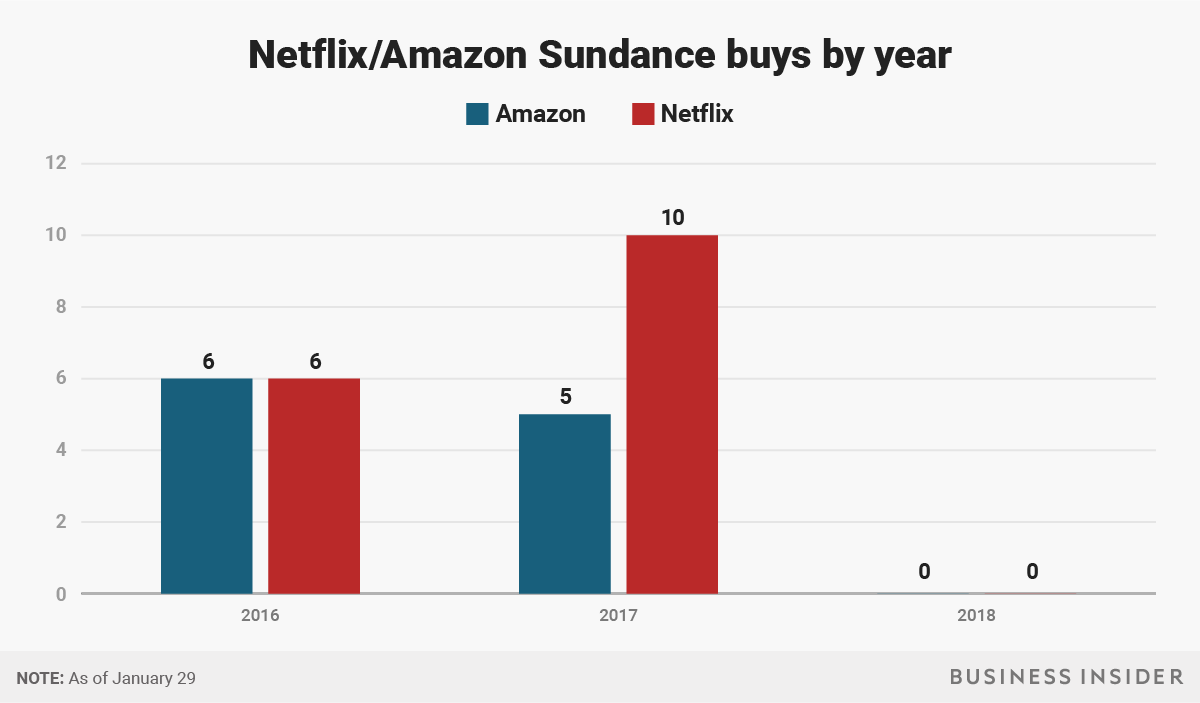People don’t shop on Amazon, pick a restaurant on Yelp, or choose a movie to watch without checking the reviews first. Reviews have become so crucial to the decision-making process that it has basically taken over every form of business imaginable. From freelancers on Upwork to contractors on Angie’s List, the need to have a solid rating is critical to consumer choice. And yet innovation in rating systems hasn’t changed much over the past two decades.
Netflix scrapped their rating system to align with RottenTomatoes in assuming that people are too lazy to make non-binary choices. Instead of giving any nuance in our opinions, consumers are being reduced to a simple yes or no.
Maybe it’s because we have little more time than to click a thumbs up, double tap to heart, or push to retweet. Or maybe it’s the fact that once rating scales are adjusted — 4.5 stars is max, 3 stars is worst, and anything lower is basically ignored. If we’re judging on a scale of 3–4.5 (which isn’t too far off from Fandango’s 3–5 star rating system), isn’t that basically just a thumbs up/down anyway?
Today’s rating systems all suffer from the same two flaws.
First, there are no stakes. Any system that allows anyone to create a new account or submit a review leaves itself vulnerable to bots, spammers, and trolls.
Second, there’s no incentive. When there is no incentive to provide any depth or context, the dataset itself is less meaningful. Unless a user is passionate about writing a review for a specific reason, they’re more likely to leave simplistic responses just to be able to click “submit”.
Which leaves independent films in a difficult situation. Without any marketing behind a film, the hard truth is that not many people are going to watch it. Branding is important for demonstrating value even if it’s not indicative of quality. More than 14,000 independent films were submitted to the 120 slots of Sundance in 2019 and many great films were left out.

But now even getting into Sundance isn’t enough to warrant a deal with Amazon or Netflix because they’re focusing on original content (that they control in perpetuity).
So one company decided that they would do something about it.
Filmocracy is a streaming platform that’s built explicitly for filmmakers. They believe that by gamifying the streaming experience (as well as incentivizing with cash), they can drive more users to watch different content than they might normally watch. Once the user watches and rates a film, this creates a database of ratings that aren’t available anywhere else online (aside from the 17 reviews on IMDb that are clearly from friends and family).

As we all witnessed with the demise of Fandor and Filmstruck, it’s not enough to have great independent content. Because Netflix has that too. What independent filmmakers need is an extra push to get their films in front of people who will appreciate them. Perhaps Filmocracy can provide just that.
If you’re interested in learning more about the fledgling company, the link to their campaign is bit.ly/filmocracy
Our thumbs hold so much more power than simply pointing up or down but until rating systems account for nuance of opinion and protection from non-contributors, they’ll never be as useful as we need them to be. What they need is a structure to reach their full potential. Like maybe a glove or something.




